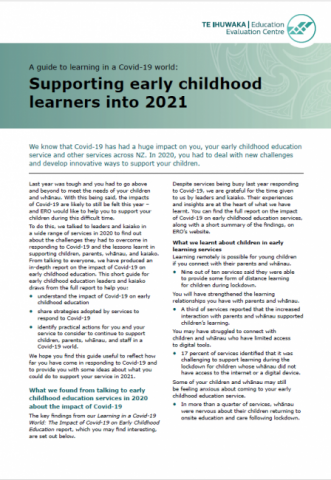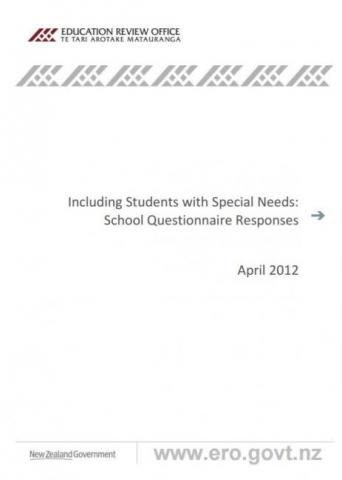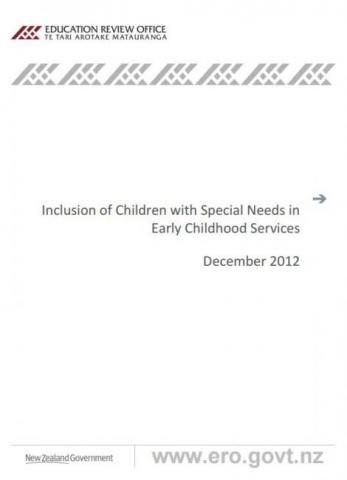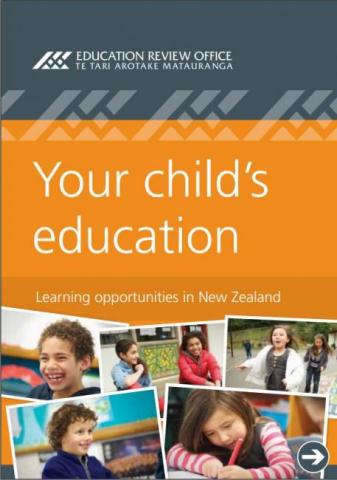A guide to learning in a Covid-19 world: Supporting early childhood learners into 2021
Published: 19 Jan 2021
This short guide is for early childhood education leaders and kaiako. It covers what we found from talking to services in 2020 about the impact of Covid-19, and shares strategies used by services to respond to the challenges they faced. It also sets out some actions that could be considered for continuing to support children, parents, whānau and staff in 2021.
- Audience:
- Early learning
- Education
- Parents
- Content type:
- Research
- Topics:
- COVID-19
- Early Childhood Education (ECE)
- Early learning
- Parents
- Whānau
- Teachers | Kaiako






